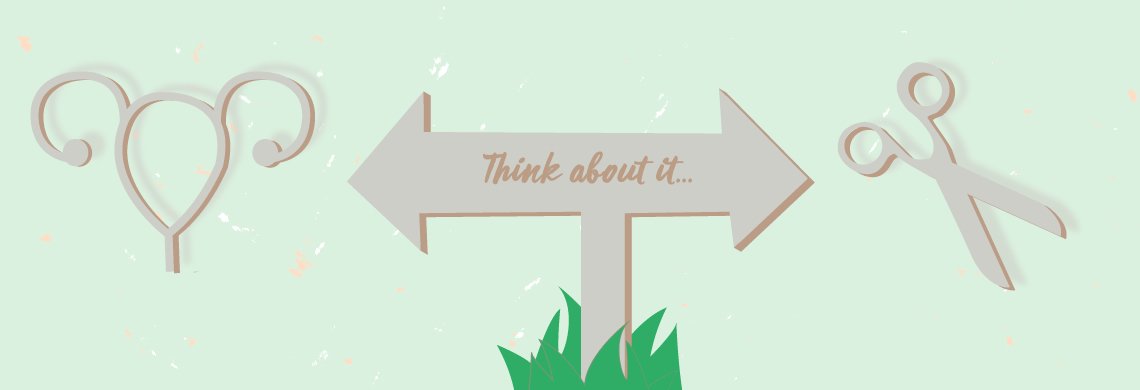
Hysterectomy – What you need to know
A hysterectomy, where the womb and sometimes the ovaries are removed, is a major operation. Around 55,000 are performed in the UK each year[1]Hysterectomy Association. Last accessed 15 Aug 17 https://www.hysterectomy-association.org.uk/. There are many reasons for having a hysterectomy including cancer, but there are times when a hysterectomy is not the best option and its side effects such as early menopause can be avoided. Always make sure that you have all the facts before agreeing to go ahead.
One in five women
It is estimated that 1 in 5 women will have a hysterectomy at some point in their lives[2]Hysterectomy Association. Last accessed 15 Aug 17. It is usually an elective surgery (i.e. rarely performed for life-saving reasons) although this is not always the case e.g. in instances of post-partum haemorrhage. It can help ease gynaecological complaints such as endometriosis, fibroids and a prolapsed uterus, but it does have disadvantages that should be considered carefully before taking the decision to go ahead. These include:
- There is a high risk of complications;
- Recovery following the operation can take up to eight weeks before you can resume your daily life;
- It can trigger premature menopause meaning that hormone therapy may be necessary.
Heavy periods? Understand the alternatives
There are a range of treatment options available to treat heavy periods, which are outlined in the treatments section. You should talk to your GP about the options that are right for you, which will depend on the cause of your heavy periods and other factors, including whether you want children. If you have finished having children and are seriously considering a hysterectomy, one alternative is an endometrial ablation.
Endometrial ablation
A long and complicated name for a far shorter and less drastic procedure: removal of the womb lining (the endometrium). The outcome of endometrial ablation: normal or light periods, or even no more periods, less chance of period pain, less chance of PMS symptoms, and considerably more energy. You will still need to use contraception though! Read more about endometrial ablation.
Your choice
Ultimately, deciding whether to have a hysterectomy or not is your choice, but it’s important to arm yourself with all the information you need about having a hysterectomy as well as being aware of the alternative treatments for heavy periods. This website should help you!




